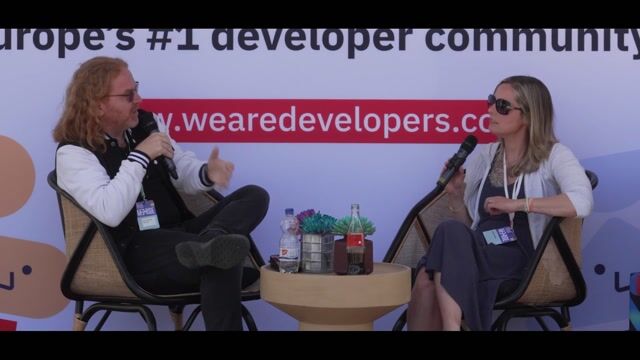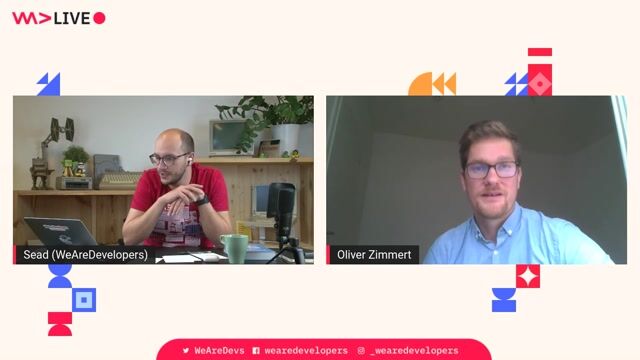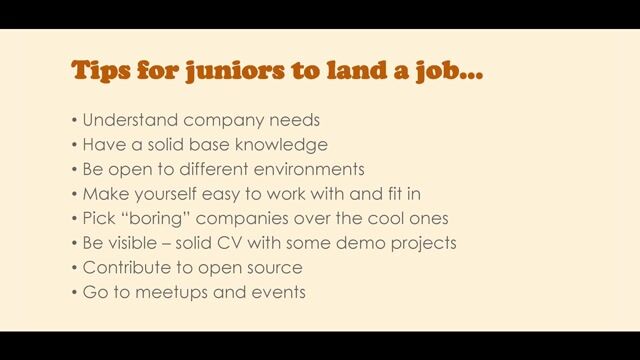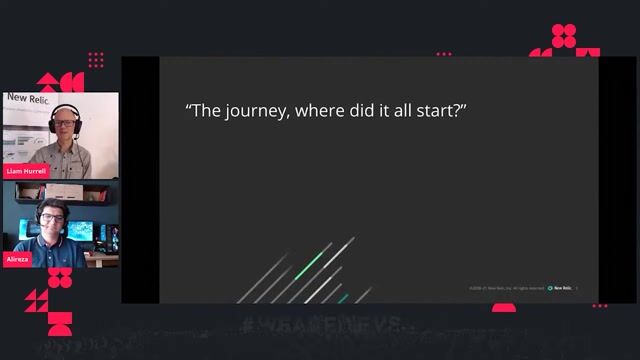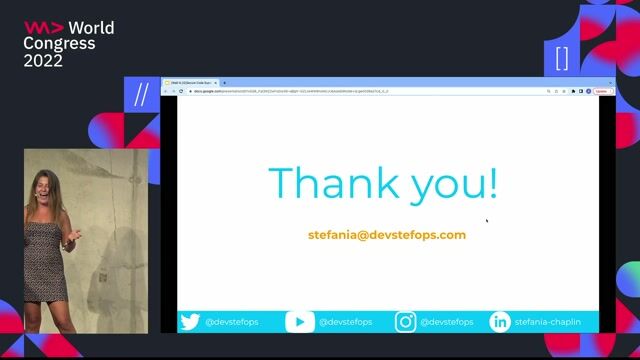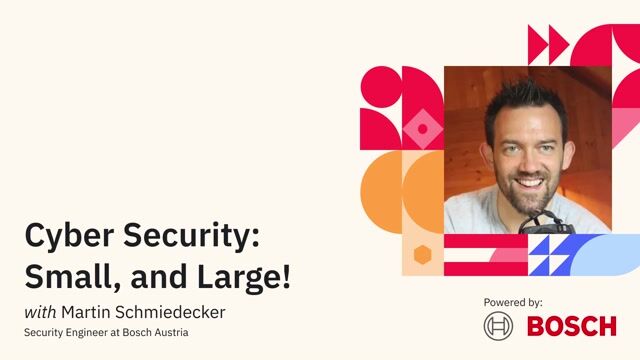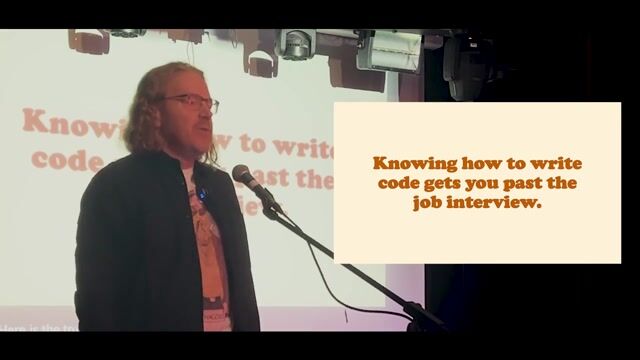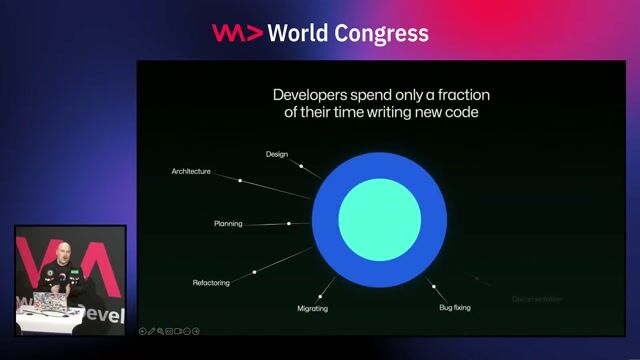Security Engineer II
Role details
Job location
Tech stack
Job description
Security Engineering & Operations:
- Design, build, and maintain security tools, systems, and infrastructure that protect against advanced threats.
- Develop and maintain automation and scripting solutions (e.g., Python, PowerShell, Bash, Go)
- Build integrations between security platforms, SIEMs, ticketing systems, and cloud services.
- Participate in architecture reviews, threat modeling, and design discussions to ensure secure system design.
Detection & Incident Response:
- Develop detection logic, playbooks, and automation for SIEM/SOAR platforms (e.g., Sentinel, Splunk, Chronicle).
- Support investigations of security incidents, providing technical expertise in containment, eradication, and recovery.
- Automate common incident response tasks to reduce mean time to detect (MTTD) and mean time to respond (MTTR).
Cloud & Infrastructure Security:
- Implement security controls across Azure, AWS, and GCP environments (IAM, network security, container security).
- Automate security configuration baselines and compliance checks using Infrastructure-as-Code (Terraform, Bicep, ARM).
- Collaborate with DevOps and engineering teams to embed security into CI/CD pipelines (DevSecOps).
Vulnerability & Risk Management:
- Conduct vulnerability assessments, interpret results, and drive remediation with engineering teams.
- Write custom scripts and tools to aggregate and prioritize vulnerability data across heterogeneous systems.
- Support penetration testing and red team exercises by building defensive countermeasures.
Collaboration & Culture:
- Partner with engineering teams to integrate secure coding practices and threat modeling into the SDLC.
- Mentor other engineers in scripting, automation, and security engineering best practices.
- Contribute to security knowledge sharing, runbooks, and engineering documentation.
Requirements
Ethnicity, Consideration, Security Tools, Regulations, Incident Response, Microsoft, Linux, Authentication, Computer Science, Communication Skills, Network Security, Automation, Python, Scanners, Windows, Color, Encryption, Ordinances, Citizenship, Security Engineering, Sdks, * Bachelor's degree in Computer Science, Cybersecurity, or related technical field; or equivalent hands-on experience.
- Experience in security engineering, incident response, or infrastructure/cloud security.
- Technical Skills
- Strong scripting/programming experience (Python, PowerShell, Bash; Go or C# a plus).
- Experience automating tasks and workflows using APIs, SDKs, or orchestration platforms.
- Knowledge of security principles and technologies (network security, authentication, encryption, identity, logging).
- Hands-on experience with cloud platforms
- Familiarity with CI/CD tooling
- Experience with security tools (EDR, SIEM, SOAR, vulnerability scanners, CSPM).
- Understanding of operating system internals (Windows and Linux)., * Strong problem-solving and analytical mindset.
- Excellent communication skills, able to explain technical risks to non-technical stakeholders.
- Collaborative, team-first approach with ability to influence without direct authority.
- Continuous learner with a passion for security and automation.
About the company
Microsoft is a global technology company headquartered in Redmond, Washington. Our mission is to empower every person and every organization on the planet to achieve more. We develop, license, and support a wide range of software products, services, and devices that help individuals and businesses realize their full potential.
Our flagship products include the Microsoft 365 productivity cloud, Windows operating system, Azure cloud platform, and Dynamics 365 business applications. We are also a leader in areas such as artificial intelligence, cybersecurity, developer tools, and gaming through Xbox and Game Pass.
With operations in more than 190 countries and over 220,000 employees worldwide, Microsoft is committed to responsible innovation, inclusive economic growth, and sustainability. We work closely with governments, industries, and communities to ensure that technology serves the public good and helps address some of the world’s most pressing challenges.
As we celebrate our 50th anniversary in 2025, we continue to look forward—investing in AI, cloud, and quantum computing to shape the future of work, education, and society at large scale.

